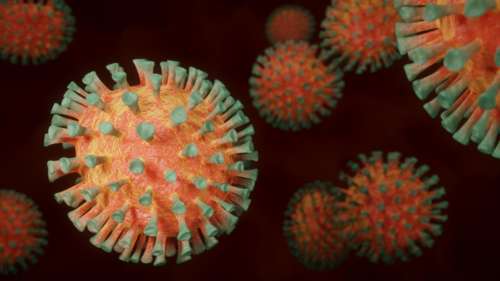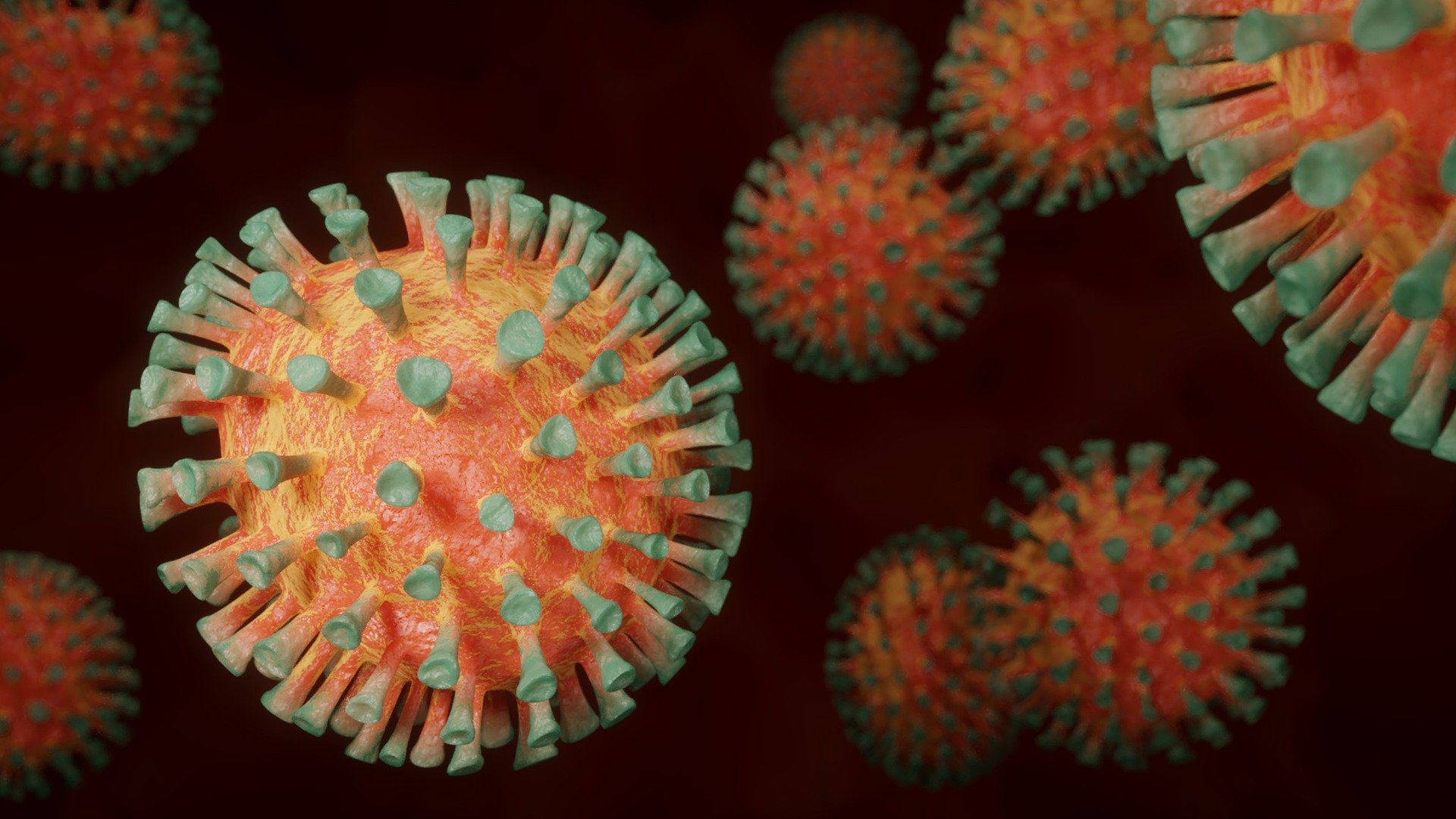
The University of Guelph is galvanizing its extensive research capacities and expertise to help fight the COVID-19 pandemic.
U of G’s Office of Research will provide up to $10,000 in seed funding for eligible projects, with matching funds from the pertinent college.
The Research Development and Catalyst Fund is intended to generate research projects and encourage researchers to focus on mitigating the spread of COVID-19 and its effects on people and communities.
“As a comprehensive, research-intensive university – with our vast research strengths that range from epidemiology to economics, from pathology to psychology, from agriculture and food to biomedical engineering, and from public health to mental health – we are strategically positioned to help reduce the negative impacts of this devastating pandemic,” said Malcolm Campbell, U of G vice-president (research). “We can think of no better way to improve life at this critical time than to be a part of the global push to safeguard the people of the world against COVID-19.”

Funds will support development of research grant applications for potential future funding programs related to COVID-19 as well as small-scale, time-sensitive research projects.
With no known cure for the new coronavirus, and with a potential vaccine still months away, there is an urgent need for a massive research effort to understand the virus, reduce its spread and save lives, said Campbell.
Identified areas of U of G research expertise include:
· epidemiology of COVID-19 outbreaks and disease modelling, animal surveillance and AI-powered digital surveillance systems
· biological interventions to understand and control COVID-19, including development of diagnostic tools, candidate vaccines and therapeutics
· public health and social, economic, cultural and policy factors related to the pandemic, effective public health communications strategies and economic impacts of the disease.
The application deadline is May 4, 9 a.m. The announcement of successful applicants is tentatively set for May 11.
For more information, see the University’s Research Alert.
